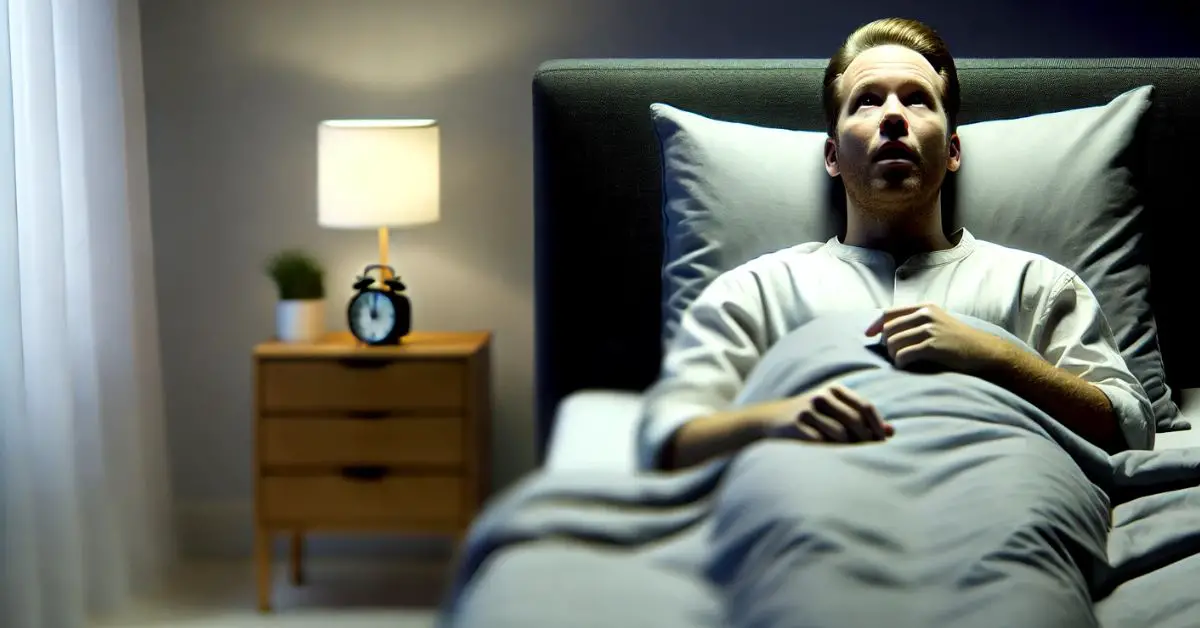Has it happened to you while you sleep you want to move, scream and you can’t?

Waking up in the middle of the night unable to move or scream can be a frightening experience. Many people have experienced that feeling of being fully conscious but unable to move a muscle.
This phenomenon, known as sleep paralysis, is more common than you might think and can lead to great anxiety. In this article, we’ll explore what sleep paralysis is, what its causes are, and how you can handle this puzzling episode.
What is sleep paralysis?
Sleep paralysis is a condition in which a person, upon waking or falling asleep, is unable to move or speak. This occurs when the brain and body are not fully synchronized during the sleep cycle. Although it can be a scary experience, it is not dangerous and usually lasts only a few seconds or minutes.
Possible reasons why this happens to us
1. Disruption in the sleep cycle
One of the most common factors that can trigger sleep paralysis is a disruption in the regular sleep cycle. Poor sleep, having irregular sleep schedules, or suffering from insomnia can increase the chances of experiencing this phenomenon. Sleep has several phases and when they are not completed properly, the brain can wake up while the body is still in a state of paralysis.
2. Stress and anxiety
Stress and anxiety are known to affect sleep quality. Sleep paralysis can occur most often during periods of high stress. Stress hormones can interfere with normal sleep patterns, causing a person to wake up at inappropriate times in the sleep cycle.
3. Sleep deprivation
Not getting enough sleep is another factor that can contribute to sleep paralysis. Sleep deprivation can cause sleep phases to become less stable, which can result in a mismatch between the mind and body upon waking.
4. Sleeping posture
Sleeping on your back has been associated with an increased risk of experiencing sleep paralysis. This posture can influence breathing and airflow, which in turn can affect sleep patterns and increase the chances of sleep paralysis.
5. Genetic factors
Sleep paralysis may also have a genetic component. If someone in your family has experienced sleep paralysis, you may be more likely to experience it, too.
6. Sleep disorders
Some sleep disorders, such as narcolepsy, are associated with a higher incidence of sleep paralysis. Narcolepsy is a disorder that affects the brain’s ability to regulate sleep-wake cycles, which can cause frequent episodes of sleep paralysis.
Tips for managing sleep paralysis
If you experience sleep paralysis, it’s important to know that you’re not alone and that this condition isn’t dangerous. Here are some tips for managing and reducing the frequency of these episodes:
- Maintain a regular sleep routine: Try to go to bed and wake up at the same time every day.
- Reduce stress: Practice relaxation techniques such as meditation, yoga, or deep breathing.
- Improve your sleep hygiene: Create an environment conducive to sleeping, avoid using electronic devices before bed, and make sure your bedroom is dark and quiet.
- Avoid sleeping on your back: Try sleeping on your side to reduce the risk of sleep paralysis.
- See a health care professional: If episodes of sleep paralysis are frequent and affect your quality of life, talk to a doctor or sleep specialist.
Sleep paralysis can be an unsettling experience, but understanding its causes and how to manage it can help you reduce its frequency and get more restful sleep.
